News in December
- Study resolves the position of fleas on the tree of life 21 December 2020 A study of more than 1,400 protein-coding genes of fleas has resolved one of the longest standing mysteries in the evolution of insects, reordering their placement in the tree of life and pinpointing who their closest relatives are.
- SETsquared Bristol awards six BAME-led startups with Breakthrough Bursary 18 December 2020 The University of Bristol’s world-leading tech incubator, SETsquared Bristol, is proud to announce six BAME-led companies that have been awarded their 2020 Breakthrough Bursary.
- Cancer risk from obesity differs for men and women 17 December 2020 A new study, led by researchers at the University of Bristol and the International Agency for Research on Cancer (IARC), has revealed that where fat is on our body may lead to different health outcomes for men and women. The research, co-funded by World Cancer Research Fund (WCRF), Cancer Research UK and Diabetes UK, found that having more body fat around your waist is more dangerous for women than it is for men when it comes to risk of developing colorectal cancer (also known as bowel cancer).
- Study highlights stark inequality in survival after cardiac surgery between paying and NHS patients 16 December 2020 A new study has revealed paying patients are 20 per cent less likely to die or develop major complications, such as reintervention or stroke, after cardiac surgery than NHS patients – findings researchers say cannot be explained by socioeconomic factors alone.
- Vaccines must prevent infection, disease progression and transmission – in every country - to truly bring COVID-19 under control 15 December 2020 An editorial co-authored by a member of the UK's influential SAGE committee that advises the UK Government on COVID-19, and published in Anaesthesia (a journal of the Association of Anaesthetists) says that in order for the global COVID-19 vaccination program to be successful, the available vaccines must be able to do all three of: prevent infection becoming established in an individual, prevent disease progression and prevent onward transmission.
- Majority of University of Bristol students are complying with government COVID-19 guidelines 15 December 2020 The majority of University of Bristol students are complying with government COVID-19 guidelines and are self-isolating when receiving a positive test, indicates a study that has investigated student social contact patterns and behaviours. The research led by scientists at the University of Bristol is published on the pre-print server medRxiv.
- Research reveals unexpected insights into early dinosaur’s brain, eating habits and agility 14 December 2020 A pioneering reconstruction of the brain belonging to one of the earliest dinosaurs to roam the Earth has shed new light on its possible diet and ability to move fast.
- Bristol researchers publish significant step toward quantum advantage 10 December 2020 Researchers from the University of Bristol and quantum start-up, Phasecraft, have advanced quantum computing research, bringing practical hybrid quantum-classical computing one step closer.
- Increased risk of domestic violence over Christmas 10 December 2020 Domestic violence and health experts from the University of Bristol are urging men in Bristol, South Gloucestershire, North Somerset, Somerset, Wiltshire and Gwent (South Wales) to get in touch if they are worried about being abusive or controlling in their relationships with women.
- Preschoolers’ eating, activity and sleep behaviours were impacted during first COVID-19 lockdown, study suggests 10 December 2020 Preschool children’s eating, activity, and sleep routines were disrupted during the spring COVID-19 lockdown, which may be detrimental to child health and development a study suggests. Parents of children (aged three- to five-year-old) due to start school in September 2020 shared their children’s experiences of the spring lockdown with academics from the Universities of Bristol, Birmingham and Glasgow.
- Testing memory over four weeks could predict Alzheimer's disease risk 10 December 2020 New research suggests testing people's memory over four weeks could identify who is at higher risk of developing Alzheimer's disease before it has developed. Importantly, the trial found testing people's ability to retain memories for longer time periods could predict this more accurately than classic memory tests, which test memory over half an hour.
- Bristol and Women’s Aid develop best practice framework for domestic violence research 10 December 2020 A new framework has been developed by Women’s Aid in partnership with academic colleagues - including the University of Bristol - to promote best practice in research into domestic violence and abuse (DVA).
- Bacteria release climate-damaging carbon from thawing permafrost 10 December 2020 A new study based on scientific sampling of a rusty carbon sink at a permafrost peatland at Sweden has revealed that iron minerals fail to trap organic carbon, a vast source of CO2 and methane not included in global warming forecasts.
- Economics Observatory awarded funding boost to address pressing economic questions prompted by the COVID-19 pandemic 8 December 2020 Important economic questions arising from the COVID-19 pandemic and its aftermath are set to be answered thanks to a funding boost for the Economics Observatory.
- Professor Norman to be awarded Eardley Holland Gold Medal 7 December 2020 Professor Jane Norman, Dean of Health Sciences, is the first woman to be awarded the Royal College of Obstetricians and Gynaecologists' prestigious Eardley Holland Gold Medal.
- Scientists develop an evolutionary theory of stress 3 December 2020 Scientists have created an evolutionary model to predict how animals should react in stressful situations.
- Bamber Glacier named for Bristol Professor on 200th anniversary of Antarctica’s discovery 3 December 2020 The Government of the British Antarctic Territory has marked the 200th anniversary of the discovery of the frozen continent with the announcement of 28 new place names in the Territory – one of which, the Bamber Glacier, is named for University of Bristol Professor, Jonathan Bamber.
- Small and large birth weight linked to genetics of mother and baby – except in tiniest babies 2 December 2020 Genetics of mother and baby contribute to most cases where babies are born very large or very small, according to new research.
- The COVID-19 pandemic: in a world of fake news, why science matters 2 December 2020 The COVID-19 pandemic raises important questions about the role of life sciences in society and if the voices of scientists are now less audible or less important, is this a problem and how can this be addressed? This question will be one of many tackled by a panel, including Nobel Prize-winning biologist, Sir Paul Nurse and Bristol Mayor, Marvin Rees, for a live online event to celebrate the launch of the University of Bristol's Faculty of Life Sciences.
- Meningococcus B vaccine prevents disease with 79 per cent effectiveness in under 18s 1 December 2020 Meningococcus group B, the most prevalent strain of meningococcal infection, is prevented with 79 per cent effectiveness in children and young adults inoculated with the 4CMenB vaccine, also known as Bexsero, according to a new collaborative study from researchers in Portugal and the UK and led by the University of Bristol which evaluated the vaccine’s performance in a real-world setting. The findings are published today [1 December] in the Journal of the American Medical Association (JAMA).
- New study to investigate COVID-19 and misinformation 1 December 2020 Researchers at the University of Bristol and King's College London are leading a major new study to investigate COVID-19 perceptions and misperceptions, lockdown compliance and vaccine hesitancy.
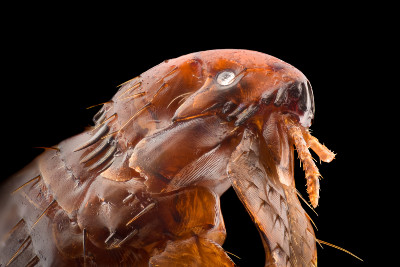

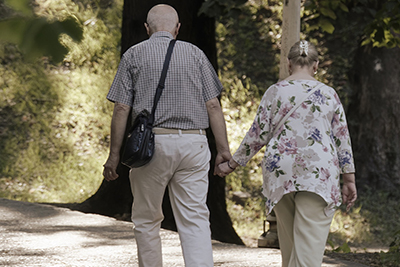
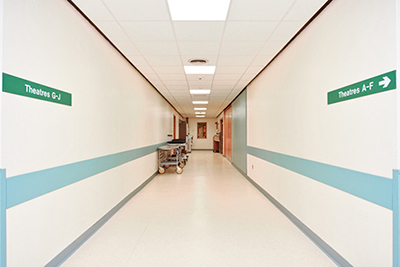
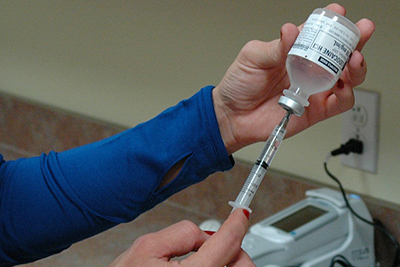

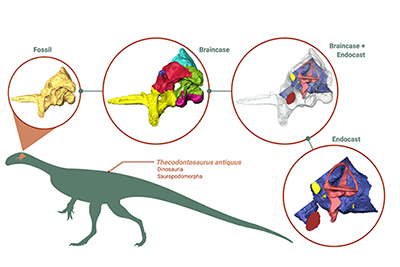



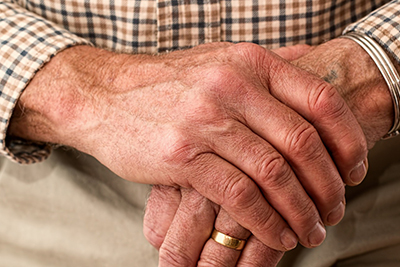



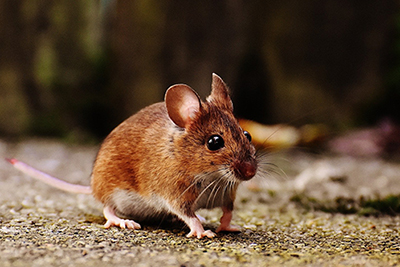

.jpg)


